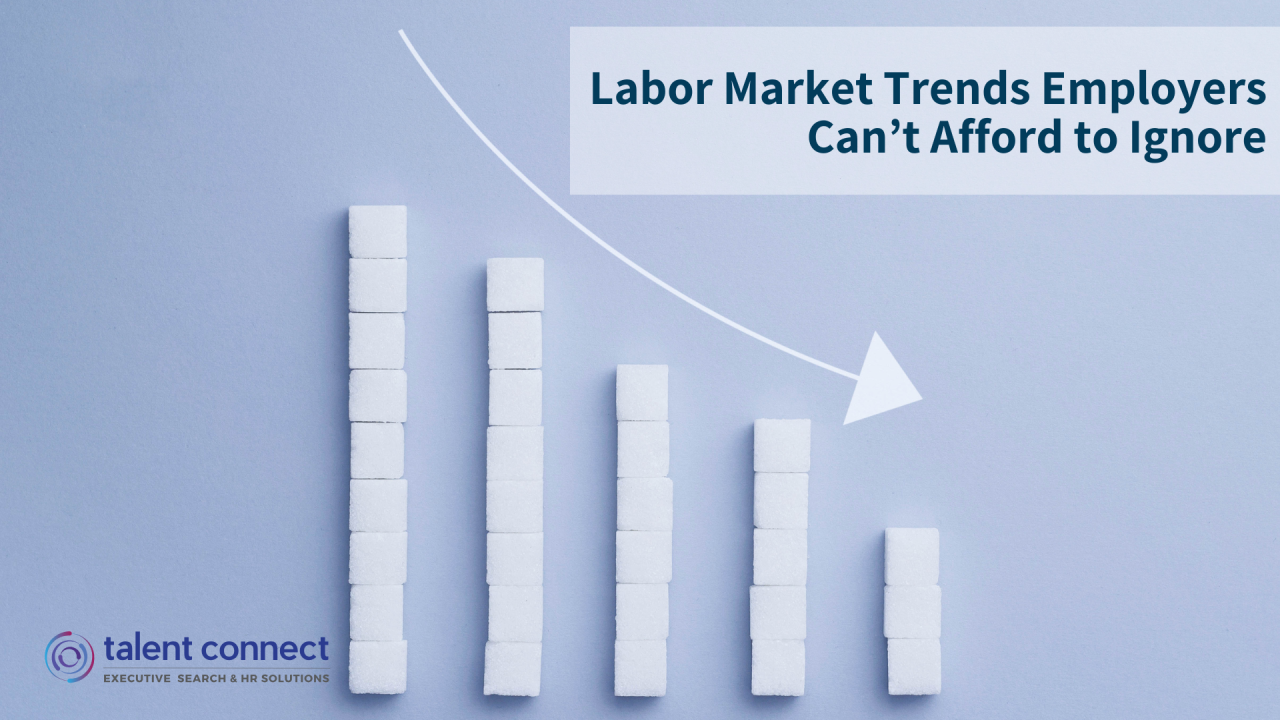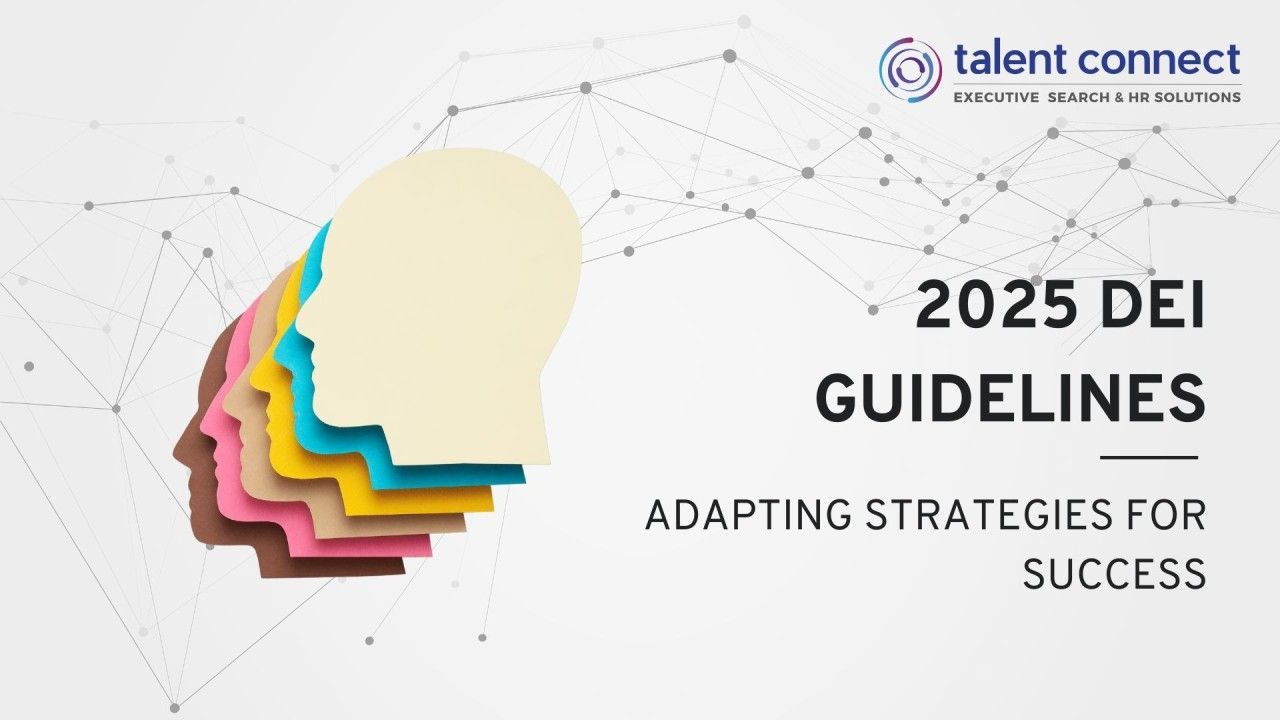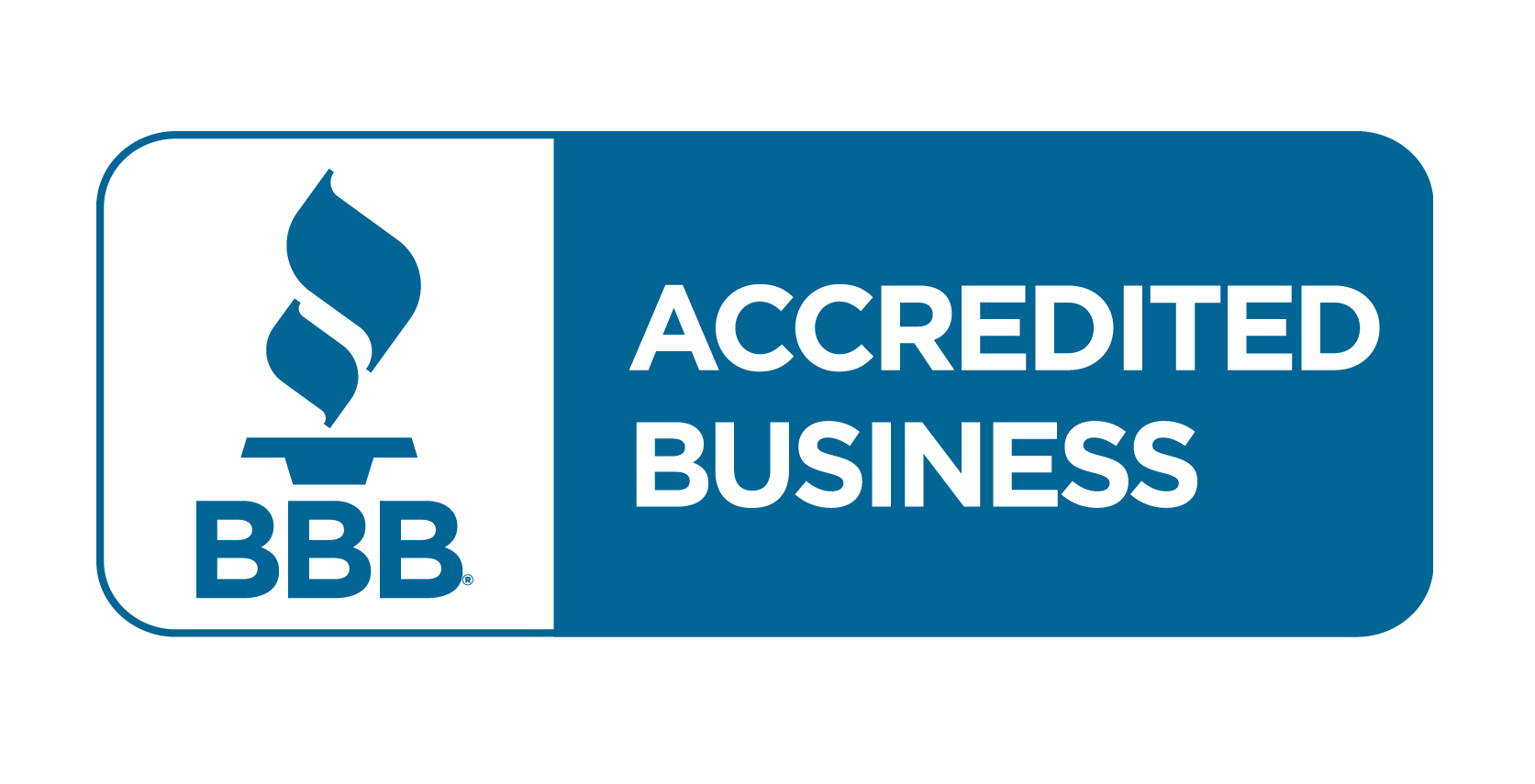Stay Ahead in the Job Market
Trends, Challenges, and How to Stay Ahead
The job market is evolving faster than ever, shaped by technological advancements, labor shortages, and shifting workforce demands. If you're a job seeker or a professional aiming for career growth, understanding the 2025 job market landscape is essential.
Key Trends Shaping the 2025 Job Market
The job market in 2025 is facing significant disruptions—some offering new opportunities while others pose serious challenges for job seekers.
AI and Automation: The Workforce Shake-Up
"The frog is boiling"—is 2025 when AI finally comes for your job?
According to The Times, AI and automation are redefining roles across industries, particularly in tech and white-collar jobs.
- Salesforce plans to lay off 1,000 employees and halt new hiring in certain roles.
- Google is encouraging 20,000 employees to leave voluntarily as AI continues to replace traditional jobs.
- Meta’s CEO, Mark Zuckerberg, predicts that AI ‘agents’ will soon rival human coders, raising concerns about job security.
AI is here to augment human capabilities, but it’s also displacing low- and mid-level roles. Professionals must upskill, adapt, and position themselves strategically to remain relevant and competitive in this rapidly changing job market.
Worker Shortages: A Crisis in the Making?
"Worker shortages may define the 2025 economy."
According to Reuters, despite layoffs in tech, the job market remains tight in many industries, with severe worker shortages in construction, healthcare, and manufacturing.
Key findings:
- In the U.S., 8.5 million jobs are currently unfilled across multiple industries.
- Construction and skilled trades are facing some of the highest worker shortages.
- Healthcare is experiencing a 10-15% staffing gap, leaving thousands of positions vacant.
For job seekers, this is an opportunity. Companies are actively seeking trained, qualified candidates—especially those who can step into leadership roles.
If you're looking to advance your career, this is the moment to sharpen your skills, build leadership abilities, and stand out as a top candidate.
The Best and Worst Industries for Job Seekers in 2025
"Are you in the wrong job?"
Not all industries are experiencing job shortages—some are booming, while others are shrinking. According to The Sun, here’s what to expect:
Industries on the Rise:
- AI & Tech Roles: AI developers are in high demand, with salaries reaching up to $120,000.
- Construction & Skilled Trades: Demand is high due to government plans to build 1.5 million new homes.
- Healthcare & Renewable Energy: Increased hiring and salary growth in these sectors.
Industries in Decline:
- Manufacturing: Automation is leading to widespread job reductions.
- Retail & Hospitality: High operating costs and shifting consumer behavior are impacting job availability.
If you’re working in an industry that is declining, it’s time to prepare, reskill, and transition into a high-growth sector.
Why You Need to Be More Prepared Than Ever
The Competition is Fierce
With AI reshaping industries and labor shortages affecting key sectors, job seekers must be proactive in securing their future.
Gone are the days when a basic resume and a few job applications were enough. Employers are now seeking professionals who bring leadership, critical thinking, and adaptability—qualities that separate great candidates from the rest.
Leadership Matters More Than Ever
If you’re looking for a promotion, management position, or executive role, it’s essential to demonstrate leadership skills, decision-making abilities, and strategic thinking.
At Talent Connect, we provide training to help professionals:
- Develop strong leadership abilities
- Improve communication and public speaking
- Master job search strategies & resume-building techniques
- Learn negotiation skills for salary and promotions
At Talent Connect Executive Search and HR Solutions, we empower individuals with the tools, skills, and strategies to secure job opportunities, obtain promotions, and excel in leadership roles. More than ever, being well-prepared and continuously sharpening your skills is critical for staying competitive in an uncertain economy.

















